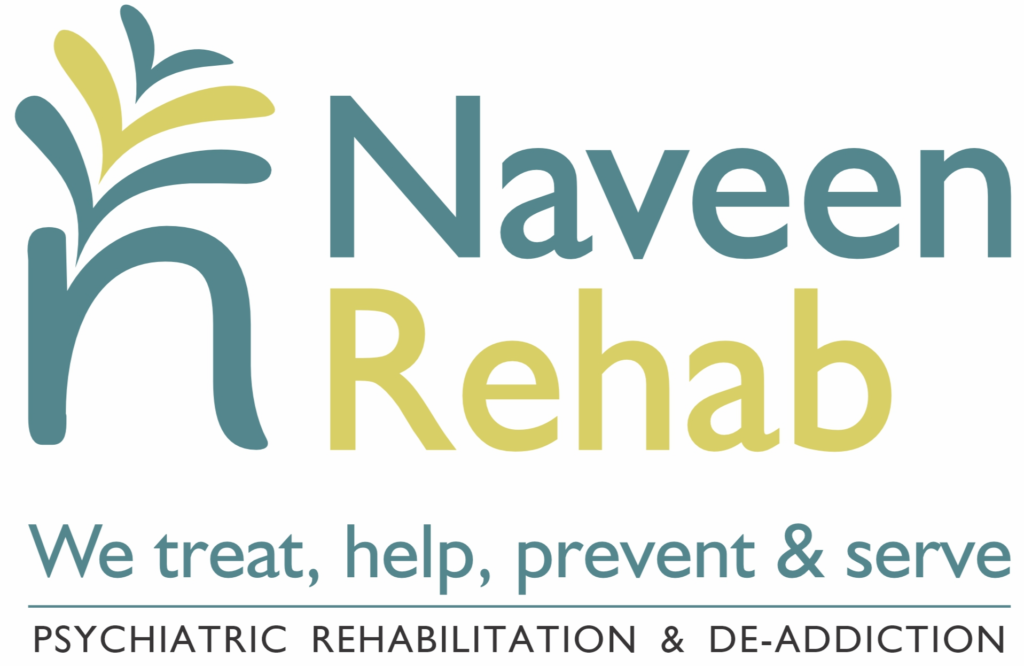Rehabilitation
With our 30+ years of experience & a dedicated team for treating de-addiction holistically, we’ve become a sought-after location for everything de-addiction in and around the Coimbatore region.
- Rehabilitation for Addiction
- Rehabilitation for Psychiatric Disorders
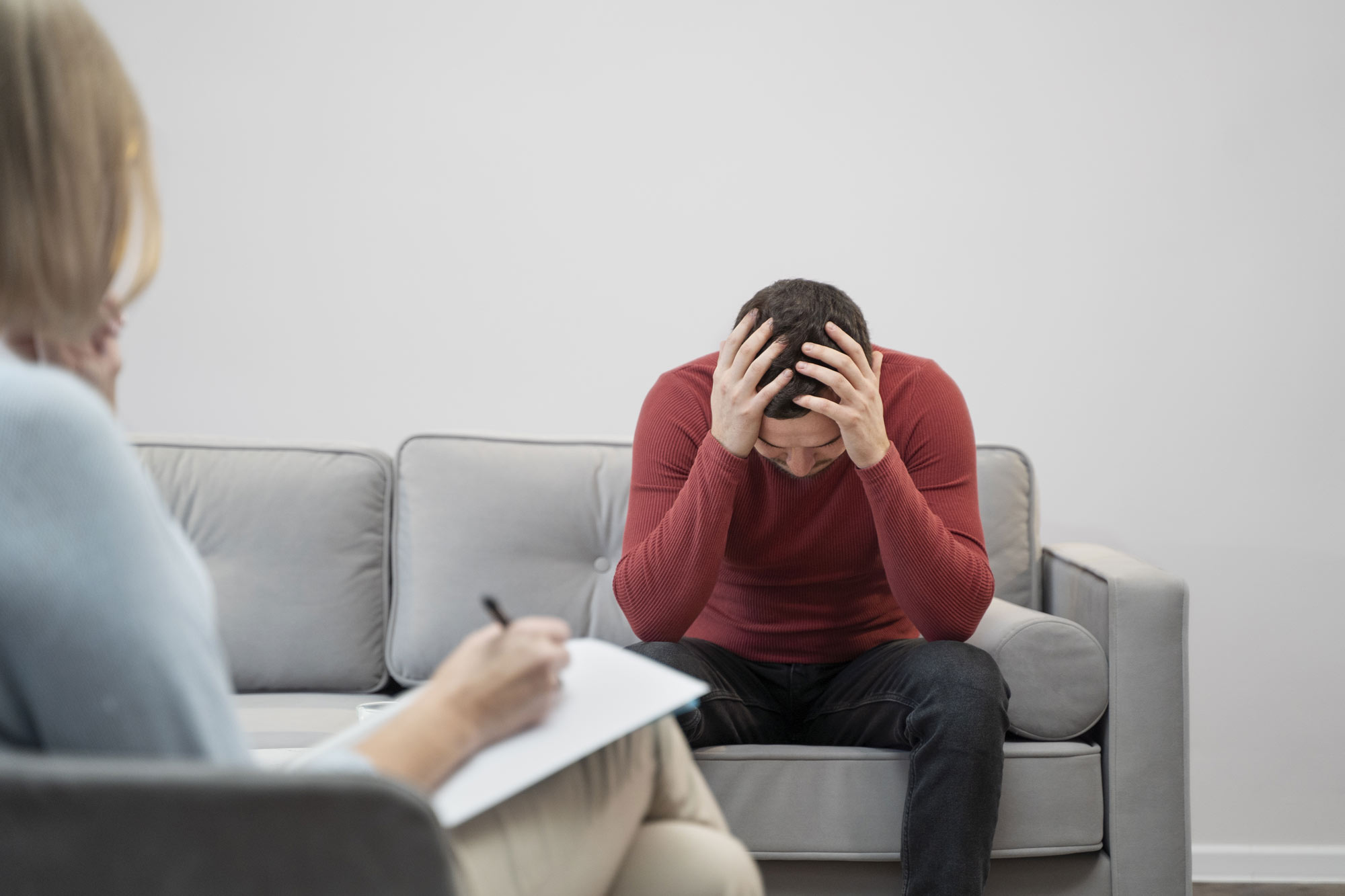

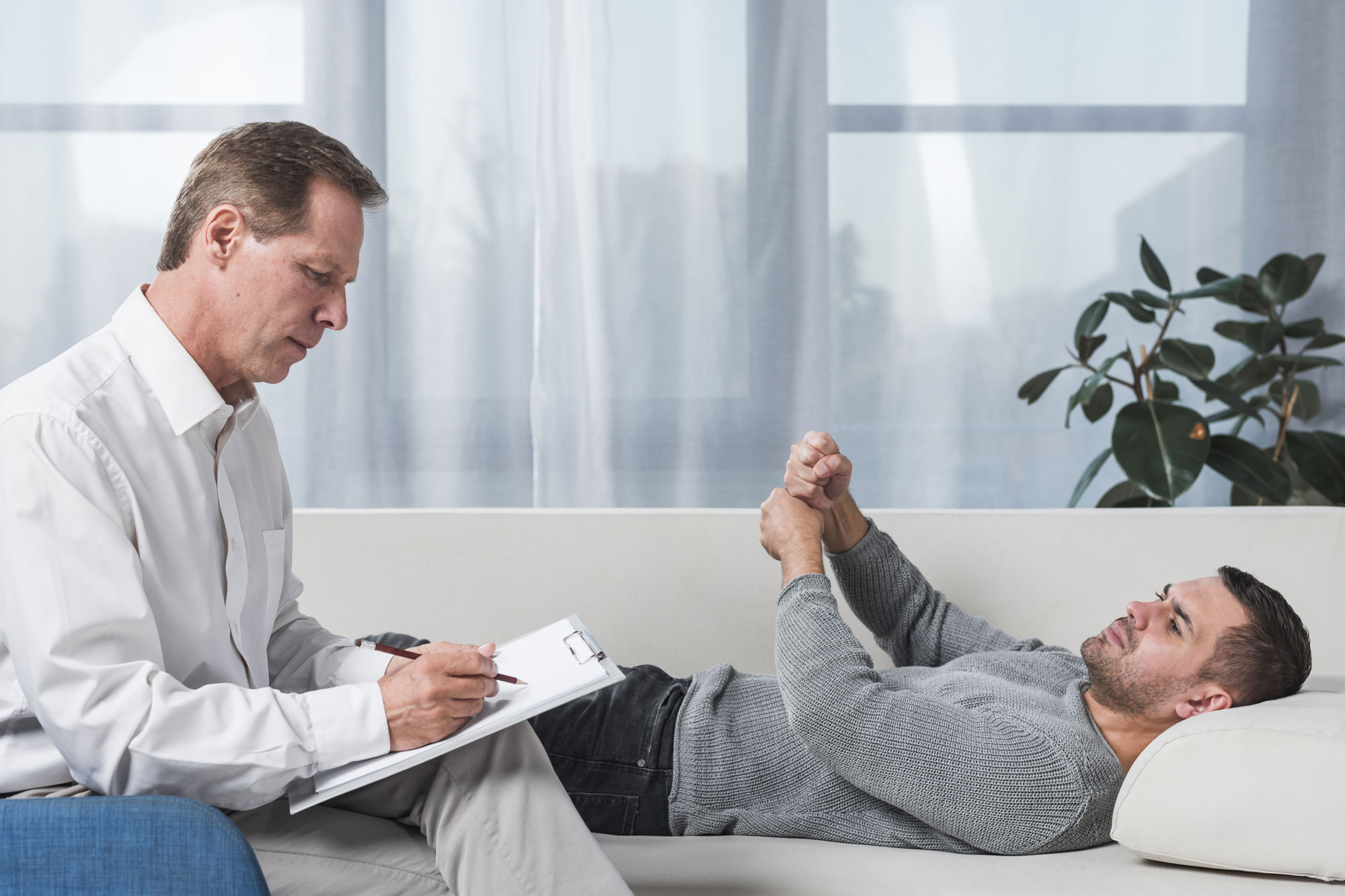
Why Long-term Rehabilitation for Addiction?
As addiction is a complex condition that affects both the brain and behaviour, long-term rehabilitation is frequently required for treatment. It may be difficult for people to stop taking drugs or alcohol on their own due to changes in brain chemistry and structure brought on by addiction.
Detoxification, however a crucial first step in addiction treatment, only deals with the physical elements of addiction. To address the psychological and social elements that contribute to addiction, long-term rehabilitation is required.
Detoxification, however a crucial first step in addiction treatment, only deals with the physical elements of addiction. To address the psychological and social elements that contribute to addiction, long-term rehabilitation is required.
Successful long-term rehabilitation programs often combine therapy and counselling, including
- Individual counselling
- Group therapy
- Family therapy
- Behavioural therapy
We offer tailored treatments based on the complications of the affected individuals. These programs are designed to assist people in acquiring new coping mechanisms and habits that will enable them to control their addiction and avoid relapsing.

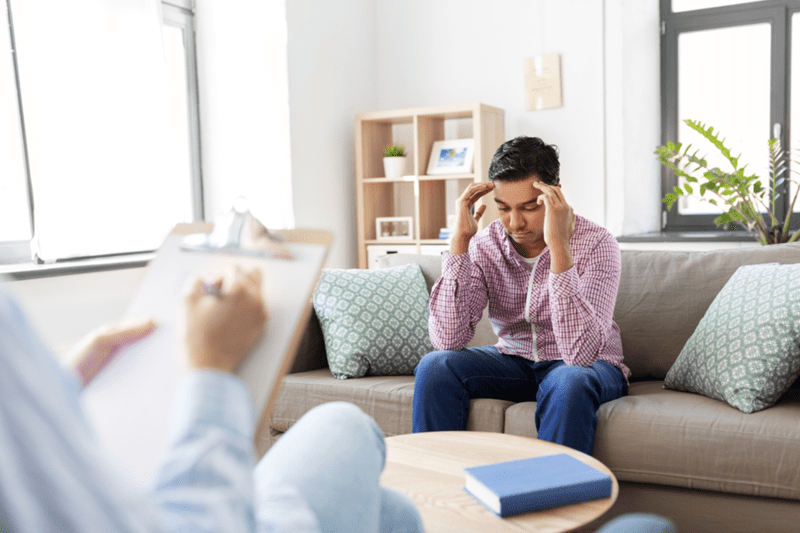
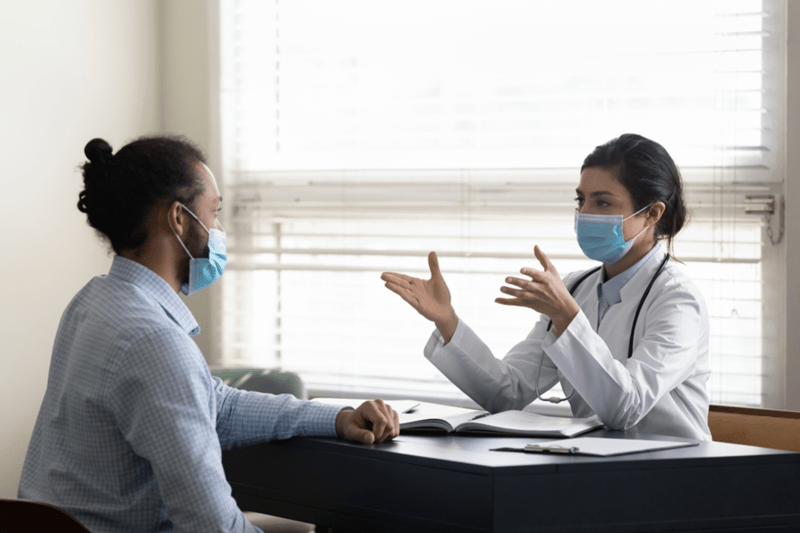
Why Long-term Rehabilitation?
Long-term rehabilitation can be necessary because psychiatric disorders can be persistent and demand a continual care and assistance. Unlike physical ailments, psychological disorders can be more complicated and have a wider range of effects on a person's life, including their thoughts, feelings, behaviours, and interpersonal connections.
Individuals may receive the resources and tools need to control their symptoms and enhance their general functioning through long-term rehabilitation for psychiatric diseases. Medication management, individual therapy, group therapy, and family therapy are common components of rehabilitation programs.
Individuals may receive the resources and tools need to control their symptoms and enhance their general functioning through long-term rehabilitation for psychiatric diseases. Medication management, individual therapy, group therapy, and family therapy are common components of rehabilitation programs.
Long-term rehabilitation for psychiatric disorders gives the affected individuals,
- Resources and tools to manage symptoms and improve general functioning.
- Access to a network of support.
- Connect with people who share their experiences.
- Gain emotional encouragement through group therapy and peer support.
- Helps minimize loneliness or the stigma associated with mental illness.
